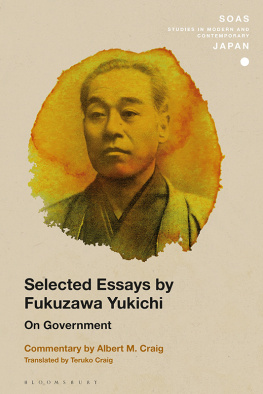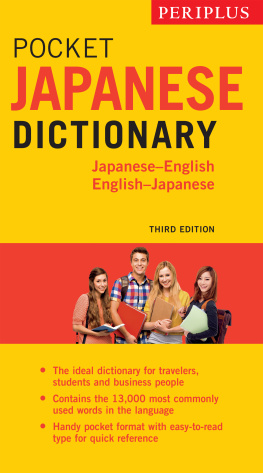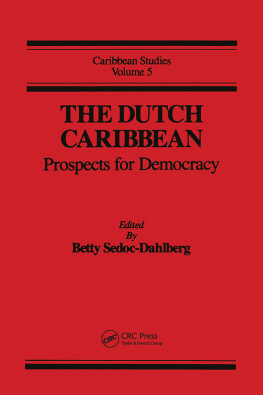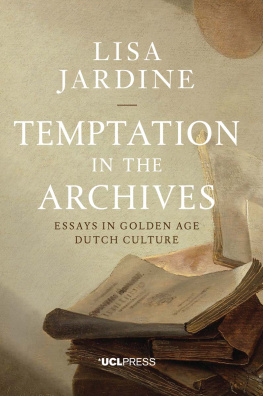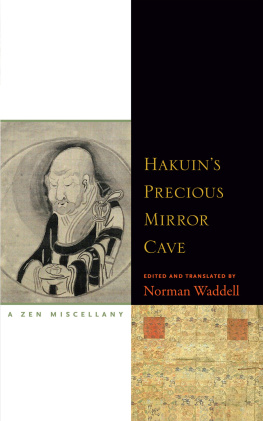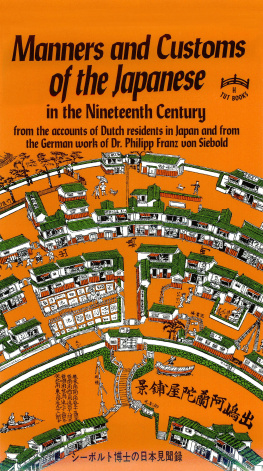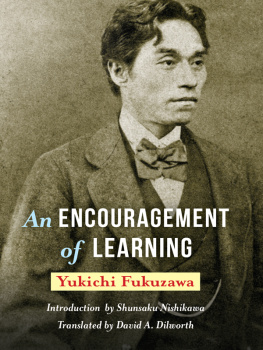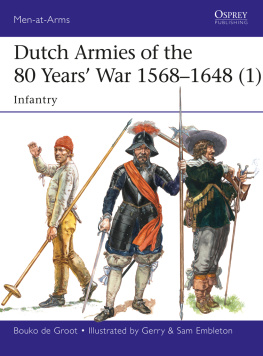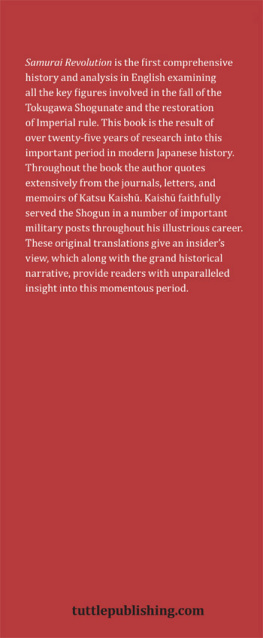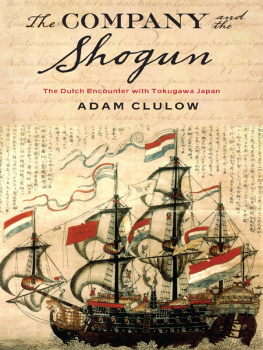Selected Essays by
Fukuzawa Yukichi
SOAS Studies in Modern and Contemporary Japan
SERIES EDITOR:
Christopher Gerteis (SOAS, University of London, UK)
EDITORIAL BOARD:
Stephen Dodd (SOAS, University of London, UK)
Andrew Gerstle (SOAS, University of London, UK)
Janet Hunter (London School of Economics, UK)
Barak Kushner (University of Cambridge, UK)
Helen Macnaughtan (SOAS, University of London, UK)
Aaron W Moore (University of Edinburgh, UK)
Timon Screech (SOAS, University of London, UK)
Naoko Shimazu (NUS-Yale College, Singapore)
Published in association with the Japan Research Centre at the School of Oriental and African Studies, University of London, UK.
SOAS Studies in Modern and Contemporary Japan features scholarly books on modern and contemporary Japan, showcasing new research monographs as well as translations of scholarship not previously available in English. Its goal is to ensure that current, high quality research on Japan, its history, politics and culture, is made available to an English speaking audience.
Published:
Women and Democracy in Cold War Japan, Jan Bardsley
Christianity and Imperialism in Modern Japan, Emily Anderson
The China Problem in Postwar Japan, Robert Hoppens
Media, Propaganda and Politics in 20th Century Japan, The Asahi Shimbun Company (translated by Barak Kushner)
Contemporary Sino-Japanese Relations on Screen, Griseldis Kirsch
Debating Otaku in Contemporary Japan, edited by Patrick W. Galbraith, Thiam Huat Kam and Bjrn-Ole Kamm
Politics and Power in 20th-Century Japan, Mikuriya Takashi and Nakamura Takafusa (translated by Timothy S. George)
Japanese Taiwan, edited by Andrew Morris
Japans Postwar Military and Civil Society, Tomoyuki Sasaki
The History of Japanese Psychology, Brian J. McVeigh
Postwar Emigration to South America from Japan and the Ryukyu Islands, Pedro Iacobelli
The Uses of Literature in Modern Japan, Sari Kawana
Post-Fascist Japan, Laura Hein
Mass Media, Consumerism and National Identity in Postwar Japan, Martyn David Smith
Japan, s Occupation of Java in the Second World War, Ethan Mark
Gathering for Tea in Modern Japan, Taka Oshikiri
Engineering Asia, Hiromi Mizuno, Aaron S. Moore and John DiMoia
Forthcoming:
Kenkoku University and the Experience of Pan-Asianism, Yuka Hiruma Kishida
Automobility and the City in Japan and Britain, c. 19551990, Simon Gunn and Susan Townsend
In East Asia, Japan was the first to become a modern nation. In the late nineteenth century, it broke with past history, took in learning and institutions from the West, and catapulted ahead. One day it had been a land of samurai, daimyo, and castle towns, with a culture totally unlike that of the West. The next day it had factories, trains, universities, political parties, a constitution, and a parliament. What strange alchemy had produced this rapid transformation?
Of those who could read Western books during the last years of the Tokugawa era (16001868), and who understood how the West saw itself and the challenge it posed to Japan, none was more influential than Fukuzawa Yukichi (18351901). His writings on the important issues of the day were widely read; his Collected Works come to twenty-one volumes. This book presents five essays he wrote between 1876 and 1890. All concern, directly or indirectly, the transition to representative government in Japan.
Fukuzawa was from Nakatsu, a middling-sized feudal domain in northwest Kyushu. He was a samurai, a member of the ruling 5 or 6 percent of the population, but his family ranked near the bottom rung of that class. His father died when he was one and the family was poor, so he entered school late. At school, he studied the typical curriculum of Confucian classics and Chinese history. By his own account, he was slower than most during the morning reading exercises but excelled in the afternoon debates on the interpretations of the texts.
At age twenty, two years after Commodore Perry opened Japan in 1853, on his older brothers advice, he went to Nagasaki to study Dutch and gunnery. This was followed by two years of intensive study at the renowned school of Ogata Kan in Osaka, which taught Western medicine. In addition to reading Dutch books on medicine, he performed a few chemical experiments. In his autobiography, he recounts his years at the school as a time of unbridled freedom.
After completing his medical studies in 1857, he was ordered by his domain to open a school at its second Edo estate to teach Dutch to its young samurai. While in Edo, he visited the nearby treaty port of Yokohama and, becoming convinced of the greater utility of English, he switched to the study of that language. He subsequently persuaded a high official of the first bakufu mission to the West to take him on as a servant. In that capacity, he traveled on the Kanrin-maru to San Francisco in 1860 and spent two months there. On returning to Japan, his linguistic talents were recognized, and he was appointed to the corps of translators at the Gaikokugata, the bakufu office that handled relations with foreign powers. He worked there from 1859 to 1868. The precision he brought to his early translations, in part at least, reflects the skill he had achieved in translating diplomatic documents. The post also gave him a first-hand view of Japans relations with Western powers.
Fukuzawa traveled abroad two more times: to Europe in 1862, and to the United States in 1867. On both occasions, though still of low status, he went as an official interpreter for the missions. During his second trip to the United States in 1867, he somehow incurred the wrath of the missions leader, and on his return, he was suspended from his job at the Gaikokugata. After some months, the suspension was lifted and he returned to work, but he resigned after the fall of the Tokugawa shogunate and the Meiji Restoration in 1868. In a letter to a friend, he confided that he had had enough of government service and that in the future he would support himself by translating Western works. The number of translations he made during the next three years was prodigious.
Fukuzawas translations of Western works and his original writings set him apart from other samurai. But it remains unclear what ambition, what inner drive, what intellectual curiosity, prompted him to begin translating. His first work, in 1864, was a ChineseEnglish phrasebook into which he inserted Japanese readings; he had bought the phrasebook in San Francisco in 1860. He next translated articles from treaty port newspapers and distributed these to bakufu officials.
His first full-length work, which established his reputation as the preeminent interpreter of the West, was the three volumes of Conditions in the West (Seiy jij), published in 1866, 1868, and 1870. The first and third volumes (called volumes I and II, respectively, in the Japanese editions) contained histories of the Netherlands, the United States, England, Russia, and France, together with materials on their governments, finances, and military. These were mainly translations from American and British gazetteers, encyclopedias, and school histories. The second volume (called

